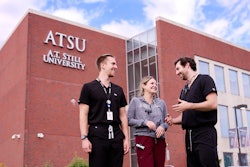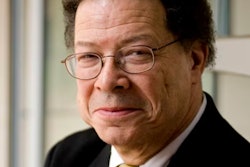Experts from two Black colleges are calling on Congress to help low-income, minority communities, which are disproportionately more likely than other communities to live near toxic waste sites with health hazards for children and families.
The House and Senate should hold hearings, clarify legal mandates and adopt new regulations to promote environmental justice, the witnesses told a Senate subcommittee in late July.
“Our communities cannot wait another 20 years,” said Dr. Robert Bullard, director of the Environmental Justice Resource Center at Clark Atlanta University, noting that advocates have sought attention on this issue for at least two decades. Risks have increased since Hurricane Katrina in 2005, as oil spills and flooding have left many Gulf Coast areas with long-term damage.
“Getting government to respond to the environmental and health concerns of low-income people and people of color communities has been an uphill struggle long before the world witnessed the disastrous Hurricane Katrina response nearly two years ago,” he told the Subcommittee on Superfund and Environmental Health.
Minorities are overrepresented near hazardous waste facilities in 90 percent of all U.S. states, Bullard said. They also constitute the majority of U.S. residents living within two miles of the worst toxic waste sites.
In addition, minority communities often face a long-term battle to get support for site cleanups. In DeBerry, Texas, he said, Black families had their water supply contaminated for years from an underground waste well from oil drilling operations. After getting no remedy from the state, families filed suit in federal court last year.
In Port Arthur, Texas, the Army and the local government agreed to locate a nerve agent incinerator facility next to a predominantly Black public housing facility with no opportunity for the public to comment before the signing of project contracts.















